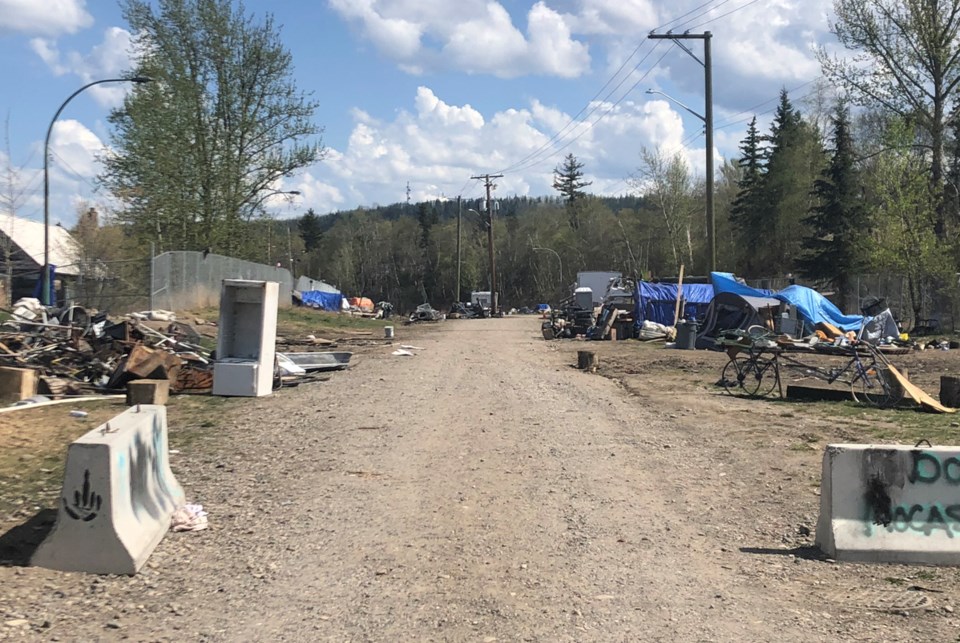There are two supportive housing buildings on Queensway between Patricia Boulevard and 17th Avenue. They’re home to dozens of people with different needs, and operated by agencies that work to help people live on their own in safety and health.
You’ve probably never realized that these places are anything other than typical Prince George apartment buildings.
That’s how supportive housing works in Prince George. As we’ve talked about before, there are many such homes throughout the city, including in College Heights, operated by people involved with the many social service agencies and non-profit organizations doing good work here.
One of those people is Rick Edwards, who founded Integrity Recovery to help addicts get their lives back on track. Integrity operates on a full sobriety model, meaning that unlike other residential facilities for people with addictions, the clients living in Integrity homes cannot use substances at all. They pay rent, and many of them work, some through the DART groundskeeping service.
These are people who want to show the community that they’re serious about recovery and want to contribute. Programs like the one Integrity offers work, and we need more people like Edwards willing to go out of pocket to help others.
While many of these homes operate under the radar, once in a while one of them is noticed, and the NIMBY kicks in. That’s what happened here. Neighbours found out what the home was and complained.
The public outcry was discussed at council’s Sept. 9 meeting, but it wasn’t why Edwards was denied an application for a permit to operate his residential program at the most recent city council meeting. At least, we don’t think so. The decision of council was based on procedural errors Edwards made.
Now he’s back, set to make a presentation to council on Oct. 7. He plans to make council understand that a crucial part of his original application was misinterpreted.
And he’s doing what we recommend everyone does when trying to get something through city hall.
First, understand the process. This isn’t easy. Governments like to employ a particularly complicated and verbose jungle of bureaucratese that, for laypeople, can be intimidating and tough to penetrate. So take the time to figure out what’s required and how to make it happen.
Second, make a friend on council. Our councillors are elected to represent us at city hall, so hold them to that. Make personal connections so you have an advocate sitting around the council table. Be ready to be successful. You may, as Edwards did, find someone willing to stand up for you as an advocate. In his case, it’s Mayor Simon Yu.
Convincing a city council to change its mind – particularly with the NIMBY factor at play – isn’t easy. But there are ways to make it work, and it’s good to see that Edwards has the support of the mayor. Imagine what it must take to welcome strangers into your home, strangers who are dealing with rock-bottom addiction, for no reason other than to help them. No pay. No recognition. Just compassion.
We continue to wonder why Edwards’s neighbours are so upset that he has people in recovery living in a College Heights home when there are real dangers in our community. They’ve called police and used social media to complain about his plan to formalize the arrangement.
That’s misguided. There are people out there who aren’t living in supportive housing that may pose a much more realistic problem.
With Moccasin Flats set for closure this fall, we know many of its residents will reject the structure required in the new trailer housing set up nearby and will return to the urban woods, with no supports, no rules and no barriers. That’s who you don’t want in your backyard.
People on the road to recovery need to start their journeys in safe, stable, substance-free surroundings. Edwards provides that. He deserves council’s full attention and consideration.



